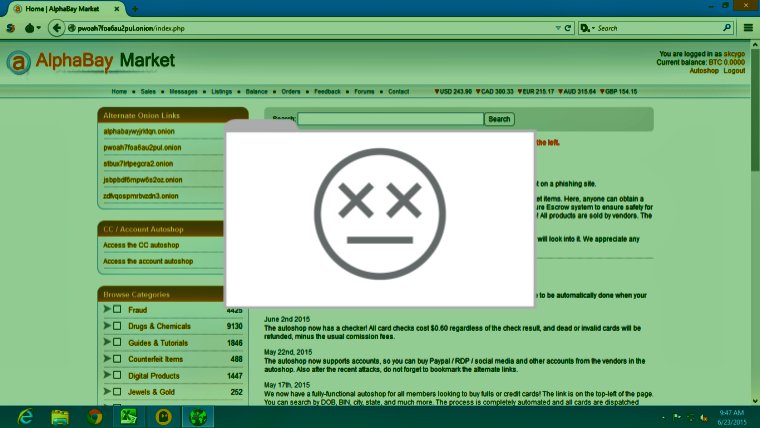CopyCat Android Rooting Malware Infected 14 Million Devices
CopyCat Android mobile malware was able to infect over 14 million devices last year and root eight million of them, researchers have revealed.
The malware, spread through popular apps repackaged with the malicious code and distributed through third-party stores and phishing scams -- but not Google Play -- infects devices in order to generate and steal advertising revenue.
According to Check Point researchers, the hackers behind the campaign were able to earn roughly $1.5 million in two months, infecting 14 million devices globally and rooting 8 million of them in what the security team calls an "an unprecedented success rate."

Once a device is infected, CopyCat waits until a restart to allay suspicion then attempts to root the device. Check Point says that CopyCat was able to successfully root 54 percent of all the devices it infected, "which is very unusual even with sophisticated malware."
In order to achieve root status, the malicious code uses six different vulnerabilities for Android versions 5 and earlier through an "upgrade" pack pulled from Amazon web storage. Some of the flaws the malware tests for are extremely old and the most modern ones were discovered over two years ago -- and so should your device be patched and up-to-date, CopyCat should not be a worry.
"These old exploits are still effective because users patch their devices infrequently, or not at all," the researchers note.
The malware then injects malicious code into the Zygote app launching process, which permits attackers to generate fraudulent revenue by installing apps and substituting the user's referrer ID with their own, as well as display fraudulent ads and applications.
This technique was first used by the Triada Trojan. According to Kaspersky Labs, the malware targeted the same process to gain superuser privileges before using regular Linux debugging tools to embed its DLL and target mobile browsers.
In total, fraudulent ads were displayed on 26 percent of infected devices, while 30 percent were used to steal credit for installing apps on Google Play. In addition, Check Point says the malware would also send device brand, model, OS version and country to CopyCat command and control (C&C) centers.
At the peak of the campaign in April and May 2016, CopyCat mainly infected users in Asia, although over 280,000 infections were also recorded in the United States.
 Check Poin
Check Poin
Google was able to quell the campaign, and now the current number of infected devices is far lower -- but those affected by the malware may still be generating revenue for the attackers today.
The researchers are not sure who is behind the malware campaign but has tentatively linked MobiSummer as some of the malware's code is signed by the Chinese ad network.
Earlier this week, a UK teenager was charged for supplying malware for use in distributed denial-of-service (DDoS) attacks and assisting criminals in striking high-profile targets worldwide, including NatWest, Vodafone, O2, BBC, BT, Amazon, Netflix, and Virgin Media, among others.r
















